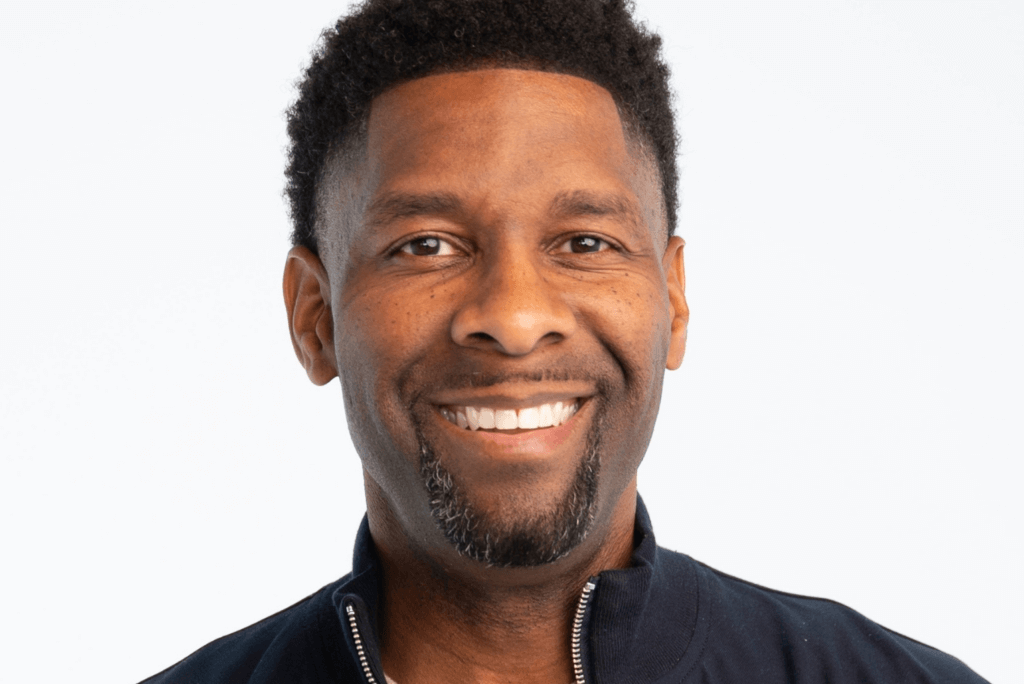When faith and sexuality conflict, which should prevail?
Americans are divided on the question, according to a LifeWay Research study released the day after the Supreme Court agreed to hear the case of a baker who cited his religious beliefs in refusing to create a wedding cake for a gay couple.
Almost half—48 percent—say religious freedom is more important in such cases. Almost a quarter (24 percent) vote for sexual freedom, and 28 percent aren’t sure, according to the study, released Tuesday (June 27).
In addition, 31 percent say religious freedom is “always more important.”
“It’s clear Americans value religious liberty,” said Scott McConnell, executive director of the Nashville, Tennessee-based evangelical research firm. “But when it comes to sex, they aren’t sure religion should have the final word. That’s especially true for younger Americans and those who aren’t religious.”
Researchers also asked about what people think motivates religious believers who oppose sexual freedom. Almost half—49 percent—said faith is the motivator. A fifth—20 percent—said the motivator is hate. Another 31 percent were not sure.
Respondents showed distinct differences on religious and sexual freedom depending on their gender, region and religious affiliation.
For example, men (30 percent) were more likely than women (19 percent) to say sexual freedom is more important than religious freedom when the two conflict. Southerners (53 percent) and Westerners (49 percent) were more likely to choose “religious freedom” than those living in the Northeast (38 percent).
The nonreligious were more likely (49 percent) to select sexual freedom than Christians (15 percent) and those of other religions (28 percent). Those with evangelical beliefs were far more likely (90 percent) to opt for religious freedom than those without them (39 percent).
The study of 1,000 people was conducted Sept. 27-Oct. 1, 2016, and has a margin of error of plus or minus 3.1 percentage points. {eoa}
© 2017 Religion News Service. All rights reserved.
See an error in this article?
To contact us or to submit an article





















